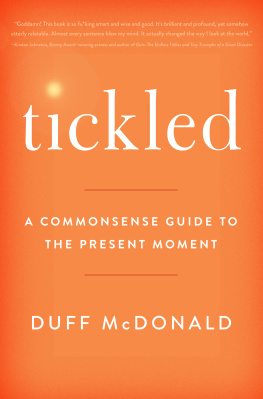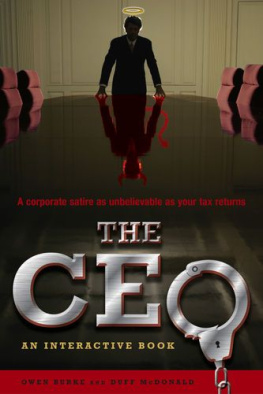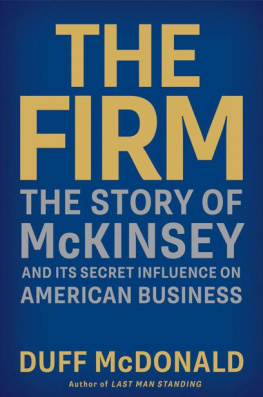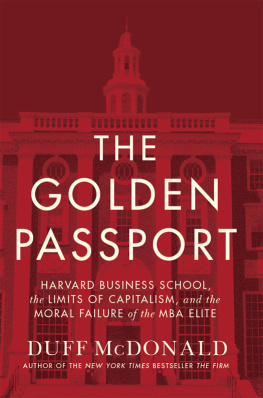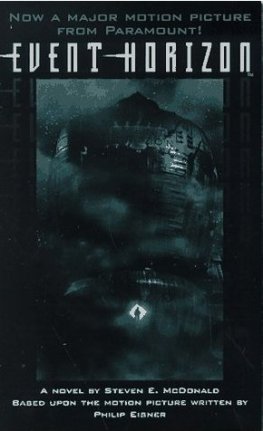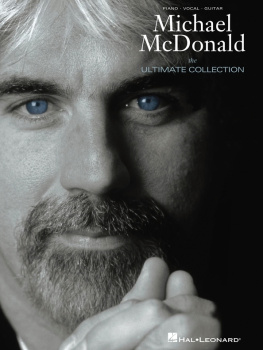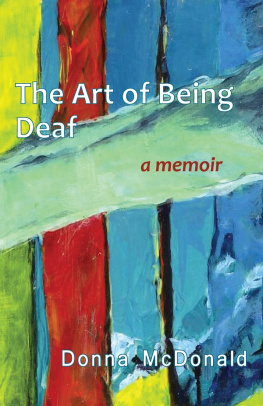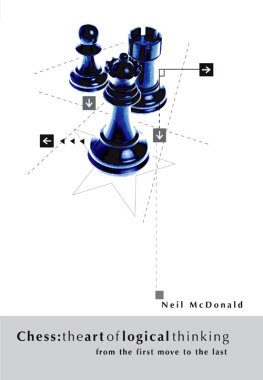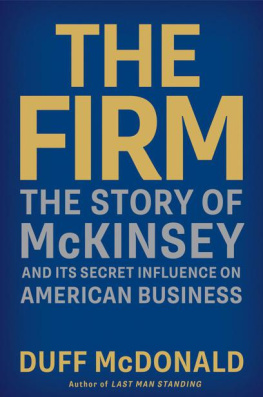Contents
Guide
For Joey
You were right.
For the Lady
You are magic.
You are possibility itself.
Thank you for your love.
For Bob
Thank you for your multitudes.
For JK
Thank you for reintroducing me to my daughter.
For JC
Thank you for reintroducing me to my brain.
For Hugo
Thank you for helping me say what I was trying to say.
For Hollis
Thank you for believing in me.
For Betty
Thank you for Joey.
For Now
Because now is all there is.
Not Yet Tickled
How did those priests ever get so serious
and preach all that
gloom?
I dont think God
tickled them
yet.
Belovedhurry.
S AINT T ERESA OF A VILA (15151582)
Contents
It is the greatest of lies that we are mere men; we are the God of the universe.
Swami Vivekananda
Im going to begin this book in a way thats probably a little different than most books youve read. Its certainly different than any book that Ive written. What Im going to do is tell you about the book that I had every intention of writing but didnt end up writing. It was about a subject so perfectly suited to what I believed to be my core talents and strengths that I thought it would turn out to be the best thing I had ever createdthe pinnacle of my career, what it had all been leading up to. My publisher agreed with me and, armed with a sense of optimism and a generous advance, I sat down in May 2020 to do just that.
Nothing turned out the way I planned. The original idea, you might say, didnt tickle me anymore; I ended up writing something else entirely.
Before I go into all the reasons why that happened, I want to let you in on the vision for that original book. Because its really important to understanding how I ended up where I did. Please dont think that Im asking you to read something that didnt make the final cut. Because it did: Youre reading it right now. And I still believe every single sentence youre about to read. The difference is that I believe them on a much deeper level than I realized when I began to write. And because of that, I ended up writing a different book than Id intended.
So here we go.
This is how this book was supposed to go. Rather, this is how it went. I wrote this introduction before I realized what I was doing wrong.
THE PRECISION PARADOX
How Our Obsession with Measurement Has Led to the Decline of Common Sense
There are two kinds of people in the world: those who think we can measure everything, and those who know that we cant. Its remarkable (terrifying, even) that the former groupthe one that has it wronghas somehow wrested control of societys decision-making apparatus away from the latter. Its less remarkable that theyve held on to itif the people in charge think that measurement matters more than it should, then measurement will matter more than it should.
We have handed too much control over our collective decisions to self-described experts who seek truth about vital matters of human importance in a place that it cannot be foundin the data.
What do you get when you count something? A number, of course. What is contained in that number? Nothing but itself. Are numbers always right? Well...
Ask three people to count the number of logs in a woodpile:
Person A: There are 200 logs in the pile.
Person B: There are 198 logs in the pile.
Person C: I dont have time to count them, so I will just average the first two guesses and call it 199.
Is it possible that one of those numbers is right? Yes, it is.
Is it possible that all of those numbers are right? Of course not.
Is it possible that none of them is right? Absolutely, especially considering that the third person didnt even bother to look for the answer on their own and tried to get at it via mathematicsby averaging two data pointsinstead of seeking to experience it (that is, to count the logs) directly.
So... to summarize... a number may or may not contain truth. It depends. Not only that, we all know that the person doing the countingof anything, reallywields enormous power in setting the terms of a discussion and the apparent importance of that number, even though they may have no clear purchase on truth itself.
Everyone wants to be right. So its an understandable inclination to want to suggest that ones facts come carrying the weight of truth, even when the facts are wrong. We all do it, all the time. But heres the problem: Somewhere along the way we began to confuse and conflate purported facts and truth. And then, over time, we came to believe, on a very deep level, that numbers were no longer just pointing to facts but pointing at truths. Not only that, we gave them seniority over words as well.
Some people deal with actual people and actual thingslets call them specialists. And then there are those who deal with the data that we generate to try to keep track of those thingslets call them experts. In other words, specialists deal with reality, and experts deal with models of reality.
Look, I know there are other kinds of experts. But if you open any newspaper in 2021, when they say expert, they are really talking about analysts. Analysts count things. Think about that for a second. In 2021, you get to call yourself an expert if you spend your time counting things. Three-year-olds know how to count. But it takes someone who knows how to use their words to help a three-year-old understand what they are counting.
The counters want to measure and rank everything.
Are more people dying here or in Europe?
What is the cost of all this death?
Which is the most expensive virus in history?
What does that poll say about that number?
Im not just talking about COVID, either. Im talking about everything. The reason that we cant stop counting is that counting is easier than understanding. But truth hides in the essence of a thing. If all we want to know is how many of something there are, then counting usually does the trick, provided that we can first agree on what were counting and then come to some agreement about the count itself. But when the question isnt How many? but Why?, it doesnt matter how often you update your totals. They wont be able to answer your question. The only thing that numbers contain is themselves. There is nothing else there.
And still, we keep trying to measure and count our way to answers about things that cannot be quantified. What is the worth of a human being? The experts tell us to evaluate each other based on the numbers that can be assigned to us: our annual sales performance, our IQ, or our influencer rating. But such numbers cant get anywhere close to telling us who we really are or anything at all about those things that make us human, such as our level of awareness and our attitude. Or, put another way: our state of being. It is only through awareness of your existence that you are ever going to get to Truth, or Absolute Reality. But there is nothing precise about awareness; it just is. Because awareness is not a thing of thought, it cannot be comprehended by any mental process. It lies entirely outside the domain of the intellect.
We are in the grip of a misguided obsession with the precision offered by numbers and a quantified worldview. For the most part, that precision is a mirage. There are some things about which we can be very precise: our height, our age, the number of fingers on each hand, or the total number of people in the room. There are others about which we cannot: intuition, mood, harmony, or the reasons that people do the things they do. And once you measure one thing, as the theoretical physicist Werner Heisenberg would tell you, youve given up context. When you pin down location, you lose your hold on velocity. And when information becomes decontextualized, understanding bleeds away.

